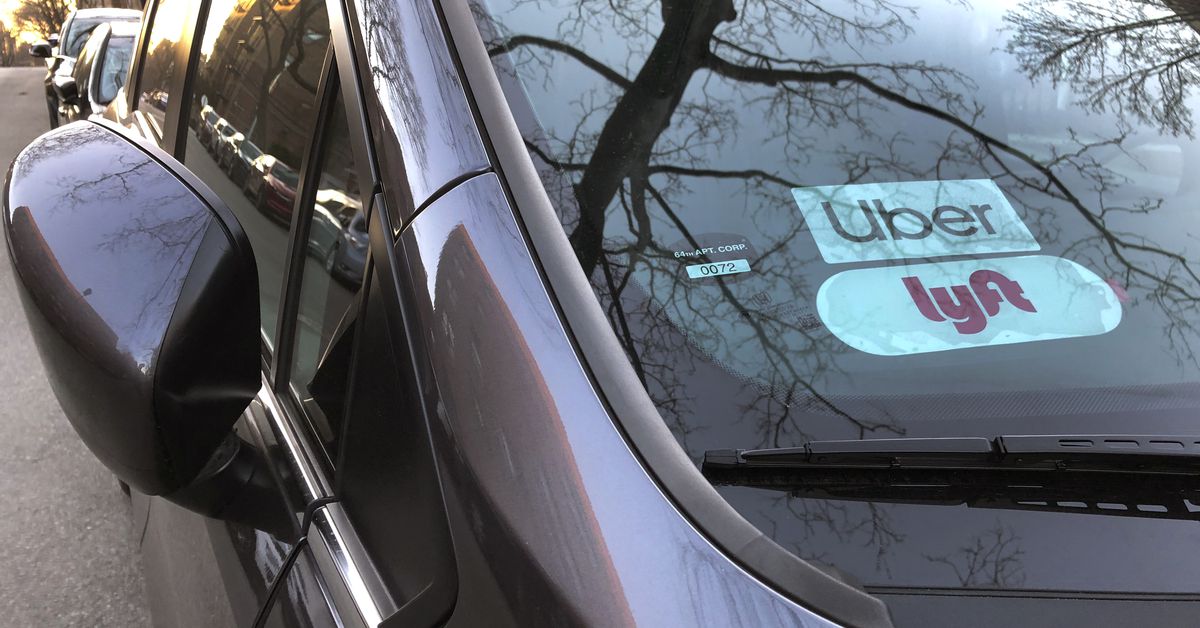Lyft’s first-ever safety report reveals over 4,000 assaults between 2017-2019
Warning: this story contains descriptions of sexual assault that some readers may find disturbing.
Ten people were killed in physical altercations and over 4,000 people were assaulted during Lyft rides from 2017-2019, the company revealed in its first-ever safety report. Also during that period, 105 people died in fatal vehicle crashes involving a Lyft car.
The report was long overdue, coming at least two years after Lyft originally said that it would be published. It represents the first set of publicly available data regarding the safety of Lyft’s ride-hailing platform and how it compares to national US averages. The company is currently facing multiple lawsuits from victims of sexual assault and rape.
While the numbers appear to paint a dark picture of the ride-hailing industry, Lyft insists that serious incidents are “statistically rare” in its vehicles. “The type of safety incidents detailed in this report occurred on 0.0002 percent of rides,” Jennifer Brandenburger, Head of Policy Development and Research, wrote in a blog post, “and well over 99 percent of all rides occur without any safety report at all.”
Reports of sexual assault in a Lyft ride increased from 1,096 in 2017 to 1,807 in 2019. But the company said bookings increased at a higher rate during that time, resulting in a 19 percent drop in the overall incident rate.
“While safety incidents on our platform are incredibly rare, we realize that even one is too many,” Brandenburger said. “Behind every report is a real person and real experience, and our goal is to make each Lyft ride as safe as we possibly can.”
Ride-hailing companies have long struggled to keep riders and drivers safe from one another. In its safety reports, Uber disclosed that 3,045 sexual assaults occurred on Uber trips in 2018 and another 3,000 in 2019. Additionally, nine people were murdered during Uber rides, and 58 people died in auto-related crashes. Uber said that drivers reported being victims of assaults at roughly the same rate as riders.
Lyft’s spin on the report, grim as the numbers may be, is similar to Uber’s take on its own data. Lyft, which services fewer trips than Uber, did not disclose the total number of rides represented in its report, but at 0.0002 percent, the incident rate was the same as Uber’s.
Driver groups criticized Lyft for a lack of attention to safety, especially as it relates to drivers. The report reveals that 10 drivers were killed in fatal assaults. “Lyft frames these fatalities as anomalies,” the group Gig Workers Rising said in a statement. “The truth is ten people are dead. Their families are left with no support from Lyft.”
In 2019, 19 women sued Lyft for allegedly failing to prevent sexual assault perpetrated by drivers and for doing little to investigate the complaints. A California woman who says she was raped by a Lyft driver in 2017 also sued the company in September over failing to keep riders safe, while 14 additional women sued Lyft earlier in September over its handling of sexual assault complaints.
Uber and Lyft both conduct background checks and say passenger safety is their top priority. They also have largely attempted to tackle this issue through technology updates, like in-app “panic buttons,” which let riders instantly dial 911, or ways to report a driver for unsafe activity.
Earlier this year, the companies joined together to announce a “first-of-its-kind” effort to share information about drivers who were deactivated for committing serious offenses, including physical and sexual assault and murder. Drivers are classified as independent contractors, not employees, meaning they can — and frequently do — drive for both companies.
For all the latest Technology News Click Here

